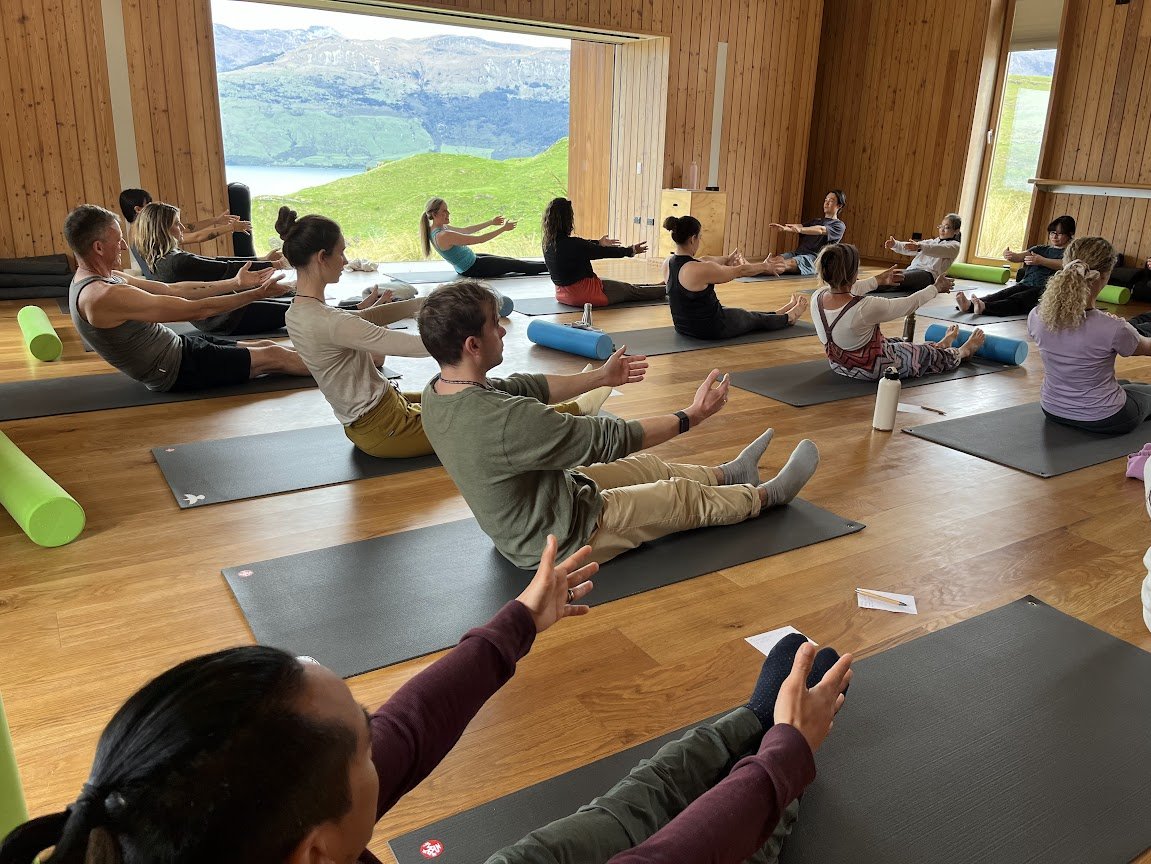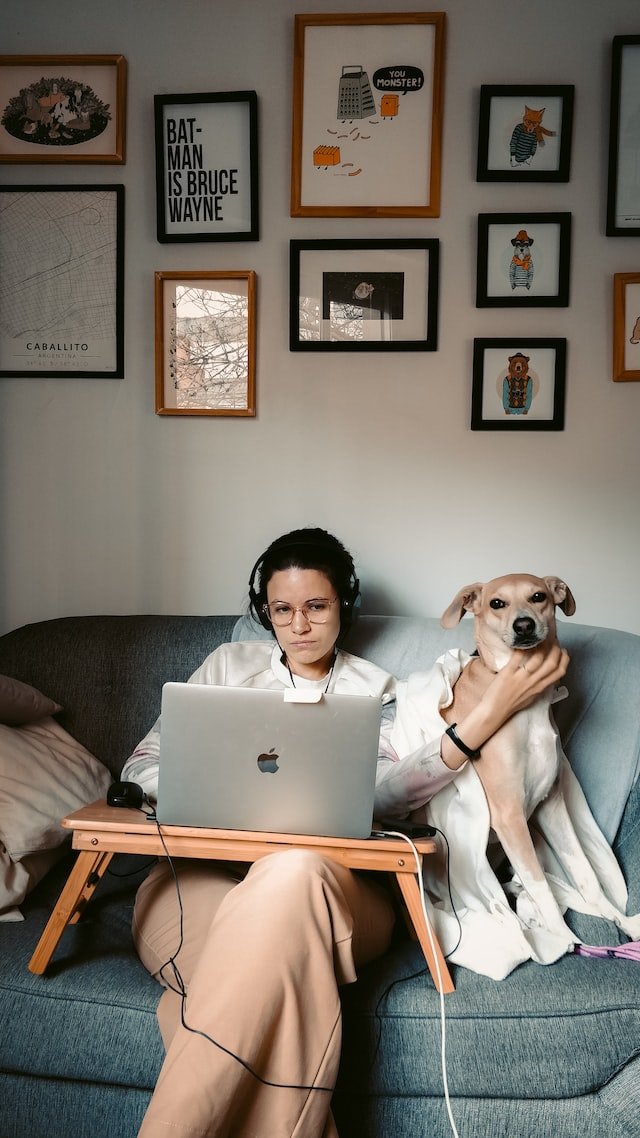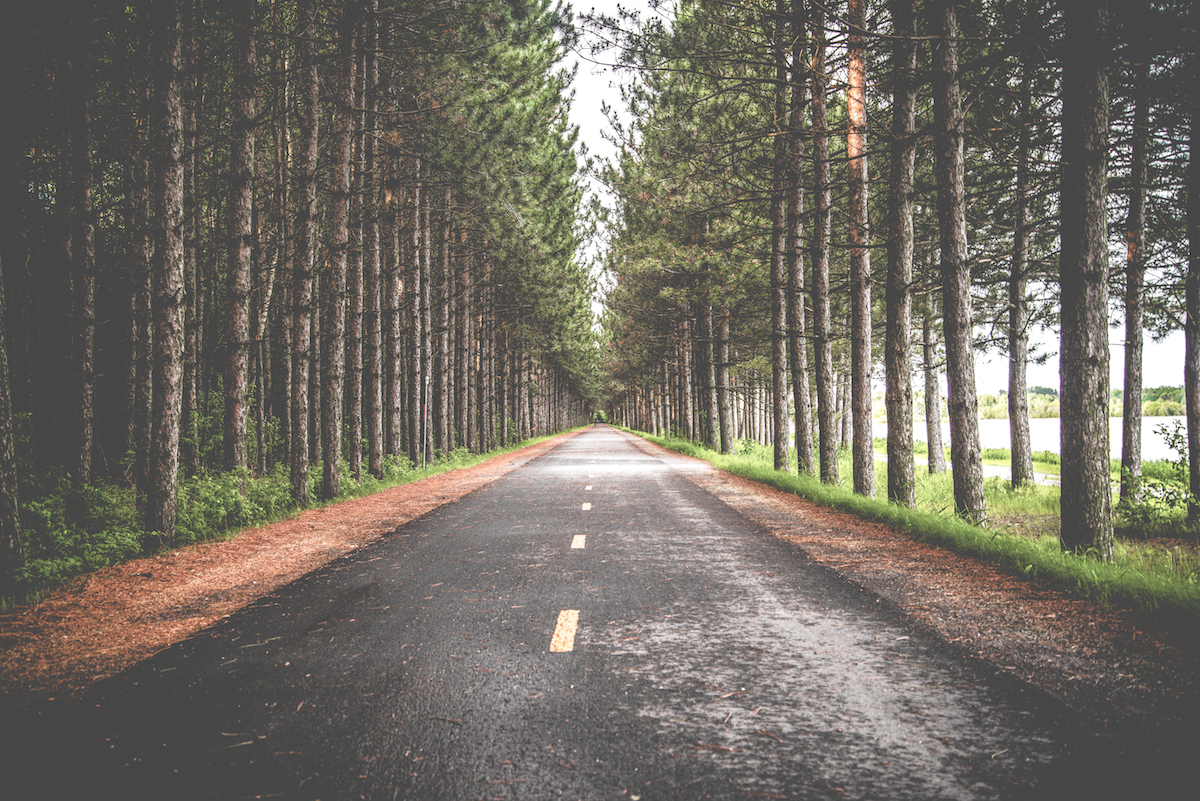It's so easy to get stuck thinking about your weight; how to lose it, how to keep it off, and even for some; how to gain it. Whether you're a man, woman or teenager, we've all compared ourselves to billboards and fit-stagrammers. Our image-focused society focuses on appearance so much, it can seem inescapable.
What actually works to help you lose weight?
Comparing yourself to others and shaming yourself every time you stray from your diet or workout regime is a bad habit, and leads to overeating, bad self-esteem, binging, trying crazy unrealistic diets and ensures a lifetime of fluctuating weight. But for some reason, we all do it.
Instead of focusing purely on weight loss though, it's been found that focusing on a positive outcome like better health is way more effective for long-term weightless. Now's the time to stop making yourself feel bad about your weight, and start focusing on the end goal: Living a happier, healthier life.
Focus on healthy habits for long term weight loss
When you focus too much on any outcome, you get exhausted along the way. If you focus on day-to-day goals though, you'll find you reach the same outcome without all the worry. Let's be honest though, it's easy to say you want to lose weight, but harder to stick to your strategies. So instead of putting excessive pressure on yourself like banning yourself from eating cheese and saying you'll run 15 kms every day, make your day-to-day goals more achievable.
Instead of these negative goals:
- I'll fit into my skinny jeans in 4 weeks
- I won't eat carbs for 2 months
Try these positive, achievable, measurable goals
- I'll try to eat 5 veggies everyday
- I'll get moving for 30 minutes 5 days a week, even if it's just a walk down the street and back.
- I'll find new healthy recipes and plan 3 meals each week (leaving less time to eat fast food)
- I'll eat vegetarian meals 5 out of 7 days
- I'll have 5 alcohol-free nights a week
The goals above are weight-loss strategies disguised as wellness strategies! By aiming to enhance your health, you approach weight loss in a positive way rather than from a negative, self-punishing angle.
Goal setting & Technology
One of the best things about technology is it's ability to change our behaviour with cool apps and programs and this works for weight loss and wellness too. My favourite for goals setting is WOOP: Where you set a wish, outcome, obstacle and a plan.
Eg. Wish: To be lighter and healthier
Outcome: I'll feel more confident in my own skin & with my partner
Obstacle: I don't have enough time to shop and cook healthy food
Plan: (when I encounter my obstacle, I'll....)
eg. When I don't have enough time to cook and shop for healthy food I'll...
-Order a weeks' worth of veggies and groceries online, and prepare 3 quick, healthy meals to freeze for the week.
The Woop app is an evidence-based way to stick to your goals, and find actionable ways to make them happen. There are plenty of other fitness and goal-setting apps, but I think Woop seems more authentic. It works with you and your mindset rather than using financial motivation, like apps such as Pact. It's amazing how goals pop into your head when you're using the app - things you didn't even know were important to you.
Goal setting doesn't have to be a mission
The term goal setting sounds like boring terminology used in stuffy conference rooms and tedious hour-long meetings; but it doesn't have to be. Change the word 'goal' to 'ways for me to be healthier,' and the focus and accountability comes back to you.
Weight loss for health not looks
Another important weight loss mindset change: Remember being in a healthy weight range is better for your body, it's not about looking a certain way. Carrying extra weight around your tummy is directly linked to heart problems, while generally carrying extra weight is hard on your joints and can accelerate osteoarthritis and joint degeneration.
Check out another post about the importance of mindset in wellness here.
What do you think are important aspects of weight loss?











